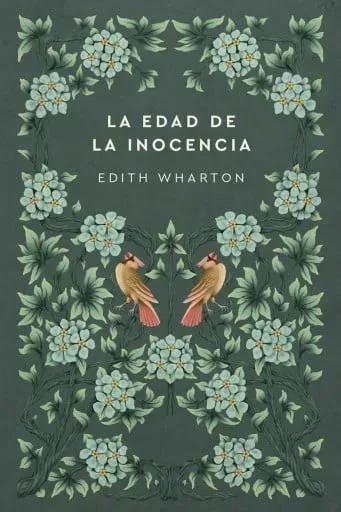The Age of Innocence
The novels of Edith Wharton introduce us to a fascinating world: post-Civil War New York, with the lights and great buildings of the Big Apple.
Born as Edith Newbold Jones on January 24, 1862, into a cultured and privileged family of the upper bourgeoisie in New York City, Edith Wharton developed a great literary talent from a young age due to the privileged education her parents provided.
Wharton's literary work focuses on New York during the Gilded Age. A world marked by the prosperity that followed the end of the American Civil War, which marked the beginning of New York as a global metropolis, alongside the great European cities.
The upper bourgeoisie, largely made up of descendants of the Anglo-Saxon and Dutch pioneers who arrived in what is now the United States in the 15th and 16th centuries, served as inspiration for most of Wharton's characters. In her stories, Wharton develops a sharp critique of New York society of the time, its customs, and unwritten rules.
In her masterpiece, The Age of Innocence, Wharton narrates the impossible love between Countess Olenska, an American who has just left her husband, and Newland Archer, a young New York matchmaker engaged to May Welland. The efforts of Newland's family to prevent any contact with Olenska and to seal his marriage to May.
The stubbornness of this family results in an unhappy marriage and Newland's thwarted desire to reconnect with his true love years later.
This stubbornness to maintain appearances at any cost, even above happiness, is constitutive of a bourgeoisie aspiring to become heirs to the high European nobility.
With the advent of World War I, Wharton took refuge in France to spend the last years of her life. The stories of mature women, trapped by social mandates who find refuge on the French Riviera, mark this stage of her life.
Novels like The Refusal, where a divorced woman meets her daughter years later, are characteristic of a period where the author seeks to portray the decline of the Gilded Age, a world of parties and opulence that comes to an end to give way to the Roaring Twenties.
Despite its fleeting duration, the Gilded Age became an inexhaustible source of inspiration for writers and filmmakers. The novels and stories of Edith Wharton take us through their reading to a lost world that returns every time someone
reads her novels.


Comments